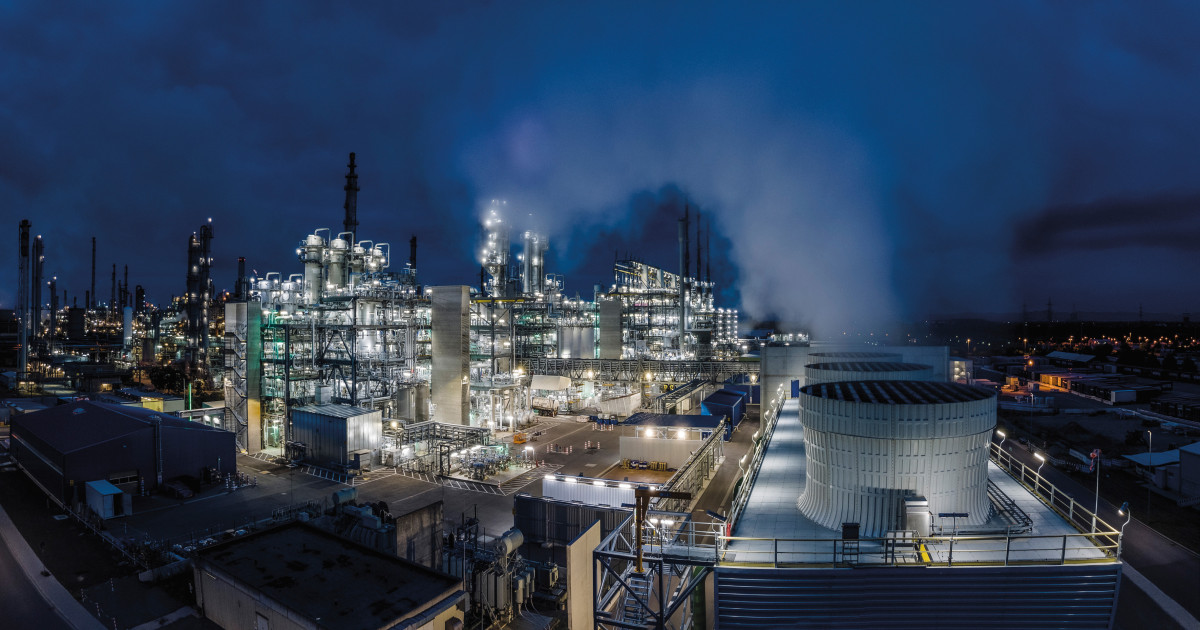Germany launches first auction for pioneering industry decarbonisation subsidy scheme
The start of Germany’s first auction round for so-called "climate contracts" marks “a good day for industry, climate action and sustainable jobs” in the country, economy minister Robert Habeck has said. The Green Party politician presented the launch of the auction that allows companies from energy-intensive industries to apply for support to implement transformation projects in their operations based in Germany.
The government has earmarked 4 billion euros to fund the first round of the scheme that Germany has pioneered within the EU to accelerate decarbonisation in the industry sector. Support would be given through two-way carbon contracts for difference (CCfDs), which compensate companies for the additional costs of switching to climate-neutral production procedures. Funding is carried out through the country’s Climate and Transformation Fund and should reach a total amount in the double-digit billion euro range. The European Commission recently gave the green light based on state aid rules.
“With the climate contracts we support modern, climate-friendly industrial facilities of tomorrow. This will create novel industries, value creation chains and infrastructures,” Habeck argued, adding that the scheme would help establish international standards for efficient industry support. While earlier support procedures in the country on average had taken up to three years of preparation, the auction system would reduce bureaucracy in a way so that applications only take four months.
The climate contracts are supposed to promote the emergence of more climate-friendly production procedures for products such as paper, glass, steel or chemicals by bridging the price gap to current emissions-intensive procedures to allow companies to compete on international markets over a period of 15 years. However, once clean production is cheaper than conventional ways, companies will have to pay the state – with the option to then terminate the contract within three years. Four billion euros is the maximum amount the state will pay out for the first round of tenders over 15 years, but the government said that in a "realistic scenario" only part of this would have to be disbursed.
According to the economy and climate action ministry (BMWK), the first round of auctions alone will help save millions of tonnes of greenhouse gas emissions in the industry sector. In total, the scheme could save 350 million tonnes of CO2 emissions by 2045, said the ministry.
Habeck said the scheme would provide companies with price security over one and a half decades, which would especially benefit small and medium sized companies in their transformation efforts. “We want to keep production in Germany – but production in a climate-neutral way.” The scheme would help unleash much-needed investments in the industry sector to make it competitive in the long run, the minister argued. Companies could use the funds to implement production procedures, including renewable power sources, hydrogen or carbon capture and storage (CCS) technologies to make their products climate-friendly.
NGO warning against “dangerous and superficial solutions”
If Germany and the rest of the world want to become climate-neutral by the middle of the century, the cost of investments in decarbonisation, carbon pricing and other factors determining industrial competitiveness can be calculated to a certain extent. This would allow the state to gauge the necessary subsidy levels to initiate change in certain sectors, Habeck said, arguing that ultimately costs are more likely to be lower rather than higher than expected.
Chemical industry lobby group VCI said the novel climate contract scheme represents “an important building block for change” in the industry sector. VCI head Wolfgang Große Entrup said the contracts send a positive signal to companies and should be made a long-term instrument to support industrial transformation in Germany. “In order to make them a transformation booster, they need to be implemented with as little bureaucracy and as much pragmatism as possible,” he argued. Große Entrup said companies must be convinced that modern production procedures can be implemented in Germany to keep the country’s industrial basis intact, which required “a change of course” in industrial policy that is focused on energy prices, company taxation and bureaucracy.
Environmental NGO Greenpeace argued that the scheme should be limited to companies that avoid causing CO2 emissions in the first place. “This is already possible in many industries,” said Greenpeace Germany head Martin Kaiser. Steel production with green hydrogen or chemicals production with renewable power already are established procedures, Kaiser argued. “The contracts can really deliver modernisation in these industries,” he said. However, the system poses the risk of blocking effective change if only relative CO2 savings are awarded, Kaiser added. If companies receive support for “dangerous and superficial solutions,” such as carbon capturing or blue hydrogen use, the contracts would “chain the country to old and climate-damaging technologies.”


